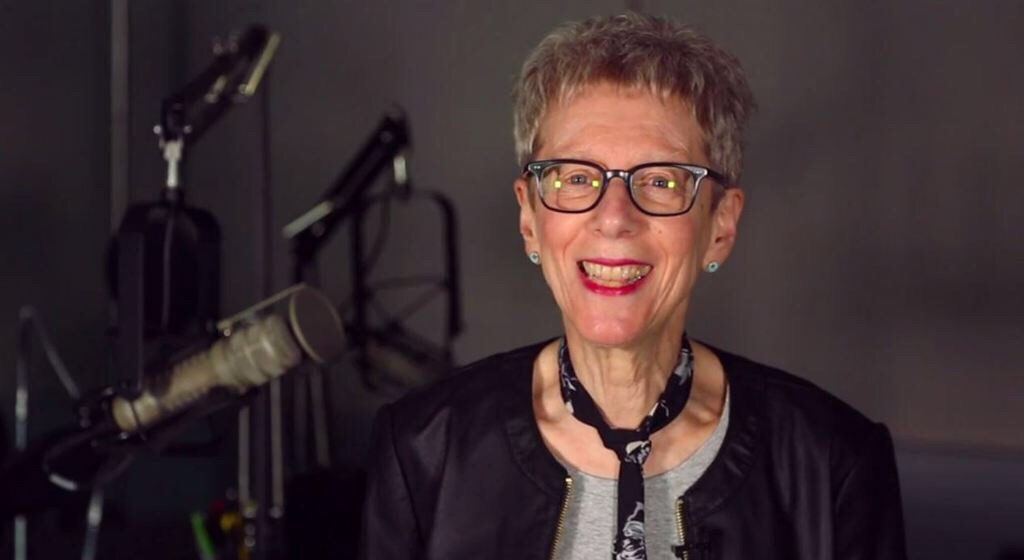
TERRY GROSS, Host, “Fresh Air”: The only woman I ever heard on the radio when I was growing up was Alison Steele, The Nightbird, who was an FM disc jockey in New York on WNEW, the progressive rock station.
And she had this kind of late-night, like, sexy voice. And I never listened to that and thought like, yes, someday, that’s going to be me.
I fell in love with radio the moment I started doing it. It had everything I wanted. I was probably like 23 when I started. I felt very young and inexperienced. And the earliest tape I have of myself is from 1974.
I kind of sound like this. I find it both like surprising and in a way deeply upsetting…
(LAUGHTER)
TERRY GROSS: … when I listen to old tapes, because I think, like, they let me on the air? How did that happen? And the answer is because it was mostly an all-volunteer operation.
When I’m preparing for an interview, I do as much research as I can in the limited time that I have. I like the questions to have a narrative arc, so, at the end of the interview, you feel like, I have heard the story of somebody’s life or the story of their work and how they came about doing it.
It’s pretty nonstop, but, you know, on the weekends, I try to take time out, in addition to doing the food shopping and stuff like that, to go to the movies or to a concert. And, of course, what I’m thinking is, who might I want to interview from this movie?
(LAUGHTER)
TERRY GROSS: But that’s a good thing, because it makes the movie even more interesting to think about the possibility of talking to somebody about it.
One of the many reasons why I’m on radio and not TV is that, when I’m listening, my face goes just slack, like this. When I was a kid and I would walk around lost in thought — and I was usually lost in one thought or another — strangers would come up to me and say, oh, dear, what’s wrong? Are you lost?
And I would go, damn, no, I’m thinking. Like, what’s your problem?
My kind of interview, the kind I do, is about the person I’m talking to. Now, I have listened to a lot of interviewers, like Marc Maron, who talk a lot about himself in the interview. And that’s part of the reason why I listen, because I love hearing Marc Maron talk about himself.
But if I were to talk about myself a lot in my interviews, you would be hearing me, like, talk on and on about why I love Charles Laughton in “The Hunchback of Notre Dame,” and why I love Stephen Sondheim’s “Sweeney Todd,” and what it’s like to be married to my husband, Francis.
And as great as that stuff is, it would get a little old.
MAN: I bet there’s an audience for that, though.
(LAUGHTER)
TERRY GROSS: There are several advantages to doing a long-distance interview.
One is, if you’re a little bit of a coward, which I confess I am, and you want to ask some challenging questions, it’s easier to do when you’re not looking the person in the eye.
Another nice thing about long-distance interviews is that you’re not judging each other by your clothing. Like, I’m wearing my favorite leather jacket today. Usually, I’m just wearing a schmatta, because it just doesn’t matter what I look like, and I like it that way.
I’m Terry Gross, and this is my Brief But Spectacular take on interviewing.
ncG1vNJzZmivp6x7sa7SZ6arn1%2Bjsri%2Fx6isq2eSp7amso5raXBuaWd8tbHRq7Bmn6KkwLQ%3D